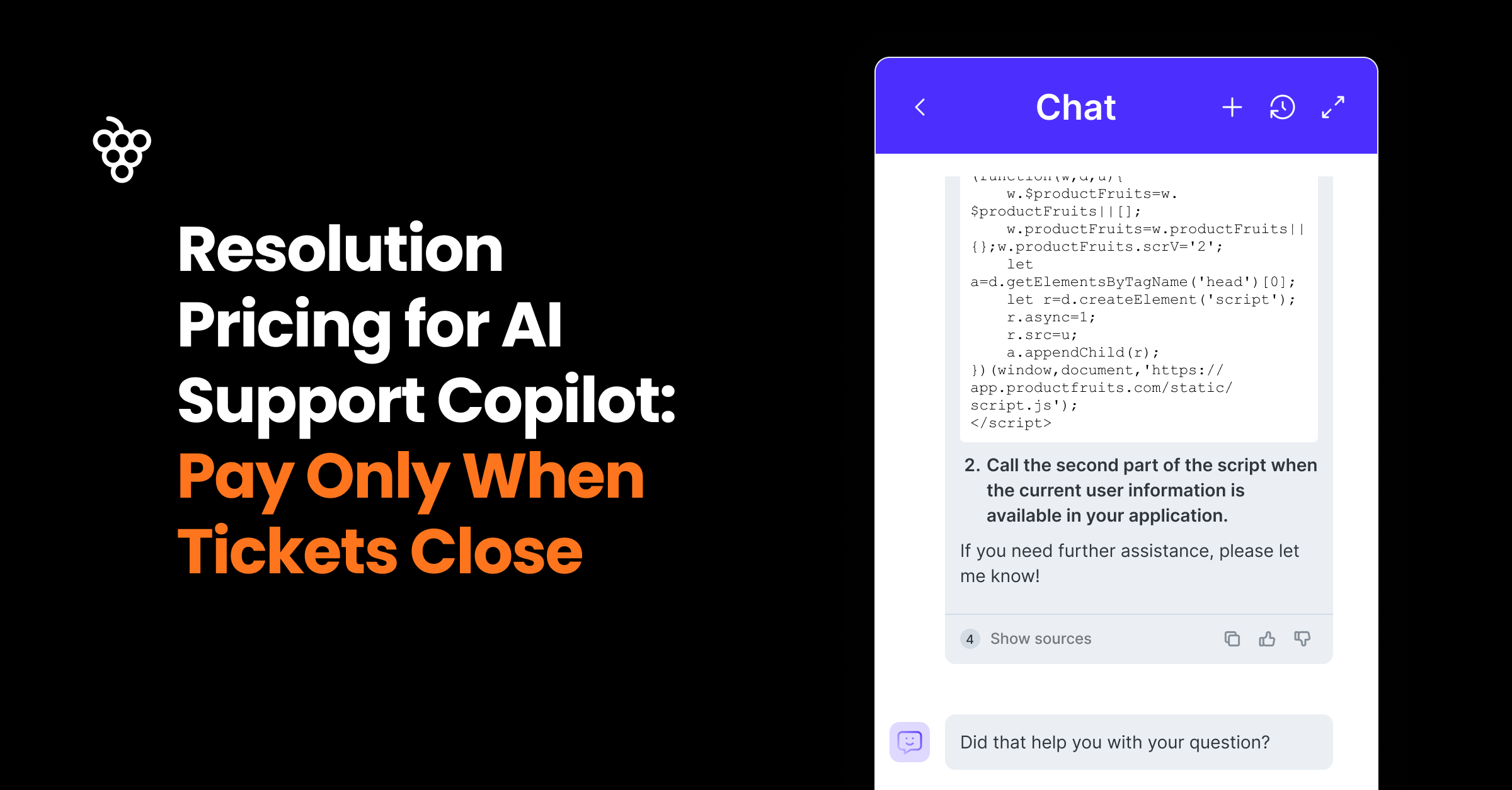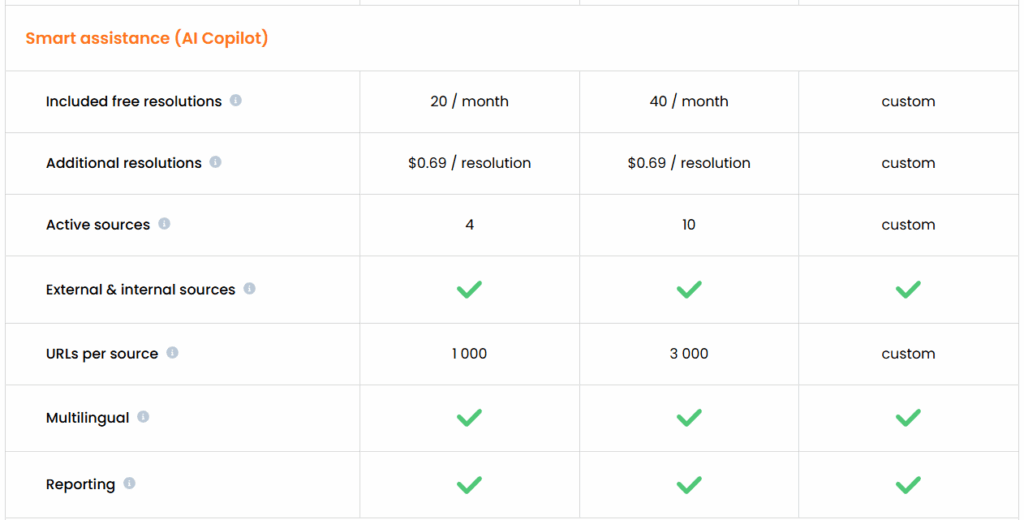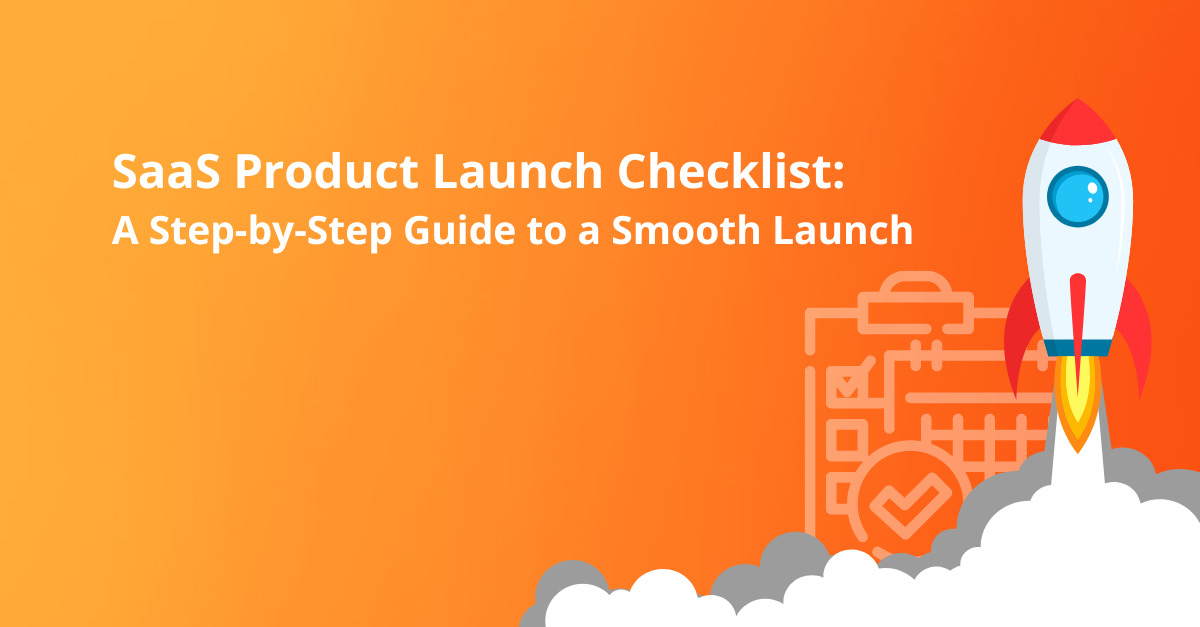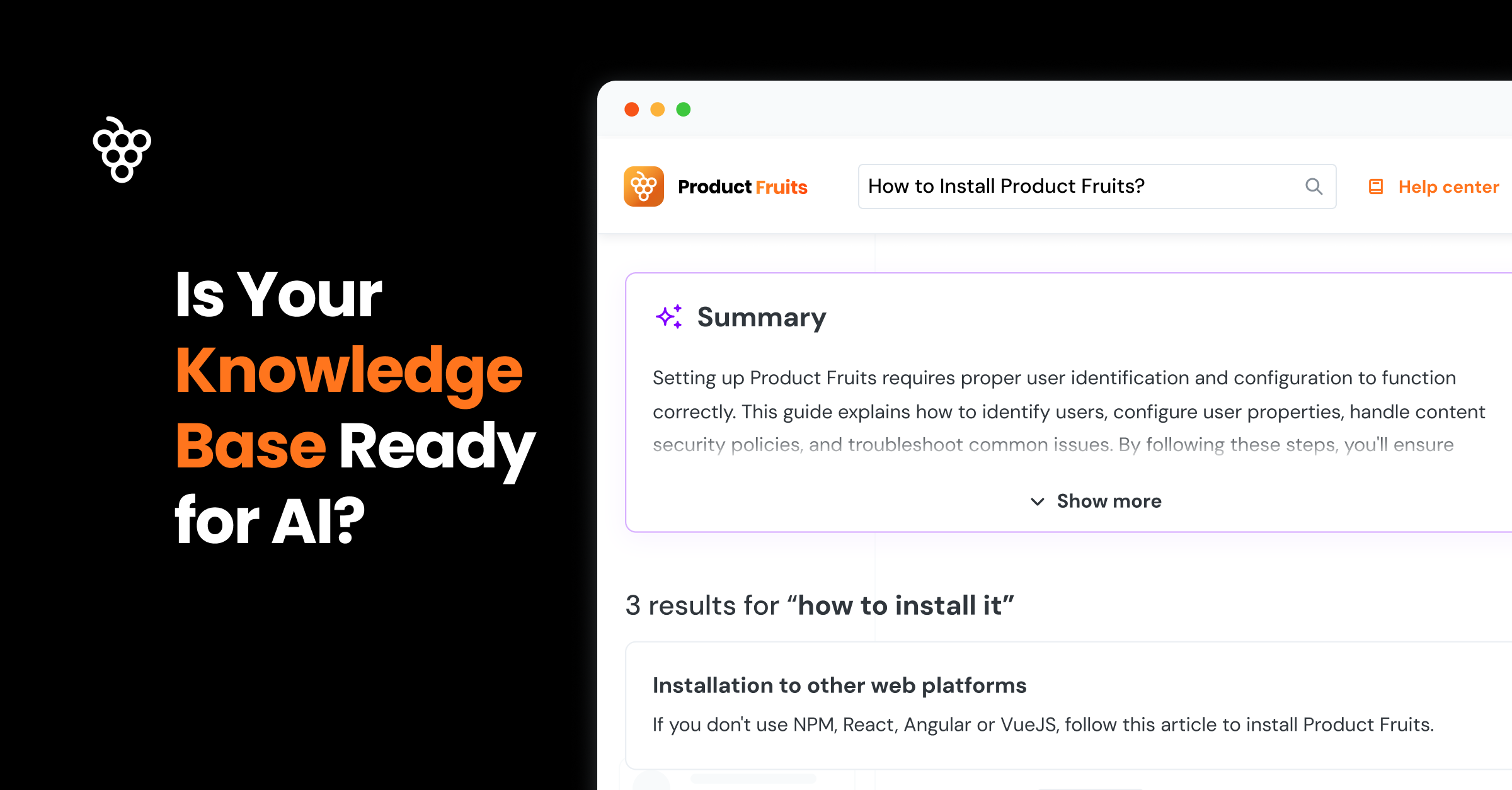
Resolution Pricing for AI Support Copilot: Pay Only When Tickets Close



Resolution-based pricing, introduced with the launch of our AI support Copilot, may seem like a diversion from traditional, predictable SaaS pricing models. But there are valid reasons behind it: with Copilot, you are not getting just a new SaaS feature.
You are hiring and training a support agent who never sleeps, speaks virtually any language, ramps up or down with ticket volume, and only charges you when an issue is solved. These superhuman capabilities, however, rely on compute-intensive training and inference usage-based costs that oblige us to update our pricing model.

This value-first model reframes AI support as an operational asset rather than a line-item expense. Every dollar spent replaces manual effort you’d otherwise staff a human team for, freeing real people to focus on proactive customer success and higher-impact projects.
What “Resolution” Means and how we Price our Copilot
Our Copilot is built to deliver detailed, step-by-step answers for every question covered in your knowledge base or other training materials you have provided it with, effectively replacing or supplementing the back-and-forth with a human support agent.
That’s why we measure usage in Resolutions: each one represents a full, successful support conversation with our Copilot - an analogy to a traditional support ticket.
What IS a Resolution
A conversation qualifies as “resolved” when the user's behavior indicates that their problem has been solved, similarly to the support ticketing:
- Multi-message threads: The last exchanges show positive sentiment, or the user neither gives a thumbs-down nor asks for a human, and the chat stays inactive for 24 hours.
- Single-message replies: If there’s no negative feedback or human-agent request within 24 hours, it counts as resolved.
Watch example of multi-message thread resolution in our short video:
What IS NOT a Resolution
A conversation with Product Fruits Copilot does not become a billable Resolution if the user makes it clear that the issue is still open. Any thumbs-down, negative sentiment expressed in the conversation, request for a human agent, or follow-up message in the same conversation thread within the first 24 hours keeps the thread “live” (and unresolved).
Every Resolution is a single billing unit. It will use your free monthly quota first and the overage is billed at the standard per-Resolution rate. Once closed, the conversation becomes read-only, and Product Fruits logs the Resolution timestamp plus a seven-day audit trail for full transparency.
Our current Resolution pricing for AI Support Copilot:
We strived to make the new Resolution (consumption) based pricing simple and fair. Starter and Pro plans get 20 and 40 free resolutions monthly included, with a single $0.69 per resolution "overage" rate for resolutions above this allowance. Enterprise plans are the best alternative if you want to negotiate a specific volume of included resolutions and/or per-resolution rate. More details are in the screenshot above or on our pricing page.
We understand that billing for Resolutions introduces a significant element of uncertainty about the final (monthly, annual) price and reduces cost predictability, which has traditionally been one of the great advantages of SaaS. That is why we have built in several predictability controls:
- Custom caps: Set a monthly cap; Copilot pauses when you hit it.
- 80% alerts: An in-app warning lets teams adjust usage before caps bite.
- Monthly billing: Overages are always billed on the following month’s invoice, even if you're an annual subscriber.
The result is a familiar SaaS feel on the front end, with pay-for-what-you-use economics base.
Think “Digital Workforce,” Not Just a Line Item
As we hinted above, the right mental model is to see Copilot as a scalable teammate whose cost scales with output—much like paying hourly contractors, only cheaper and always on. How much cheaper? By a LOT!
According to market statistics by MetricNet, the ticket resolution costs in recent years ranged from $5.90 to $40.90 across three main channels (Voice, Chat, Email), and even the most recent data show the lowest ticket resolution costs at $2,90 (but ranging all the way up to $49). This means Copilot can operate at 5-10% of the market average/median ticket resolution cost, even before you factor in speed or after-hours coverage.
It really makes sense to benchmark our support AI Copilot against labor. Compare Resolution cost to the fully loaded hourly rate of your support rep - savings justify the spend, or you can redirect the talent. Reinvest head-count savings into proactive success roles that raise NRR instead of merely answering tickets.
A real-life example from one of our clients
An example from a four-week pilot with one of our midsize clients shows that 215 copilot sessions were recorded, of which 168 (78%) were marked as resolved. The client's stats state that the median ticket resolution time for simple issues is 7 minutes with human support. Labor costs are $19 per hour, which equals $2.22 per resolution (even less than the lowest market stats!). This results in net savings from copilot: $ 257.
Plus you get 24/7 availability and virtually any language capability as a bonus!
Why Consumption-Based Pricing for GenAI-based Features and Services
Each training or training update with your knowledge base or other materials, as well as each user interaction, triggers GPU cycles, memory, and energy—real marginal cost every time the Copilot “thinks.”
Gartner even calls this unavoidable spend the “GenAI tax,” noting that vendors (us) must pay it long before customers fully perceive the value. To sum it up, there are a few simple, logical, and fair reasons why SaaS vendors like Product Fruits (and some of our competitors) are shifting to consumption-based pricing:
- Cost alignment. Variable training and inference fees are passed through instead of being buried in a much higher flat subscription.
- Fair value exchange. Heavy users pay more; light users aren’t over-charged.
- Scalable margins. Avoids the squeeze that hits fixed-price plans when AI usage spikes.
- Market precedent. Cloud IaaS taught buyers to accept metered models; GenAI is following the same path, and we have to follow suit.
Taken together, the economic reality of AI compute and even the buyer's appetite for flexibility make per-resolution (or per-token) billing less a trend than a necessity.











